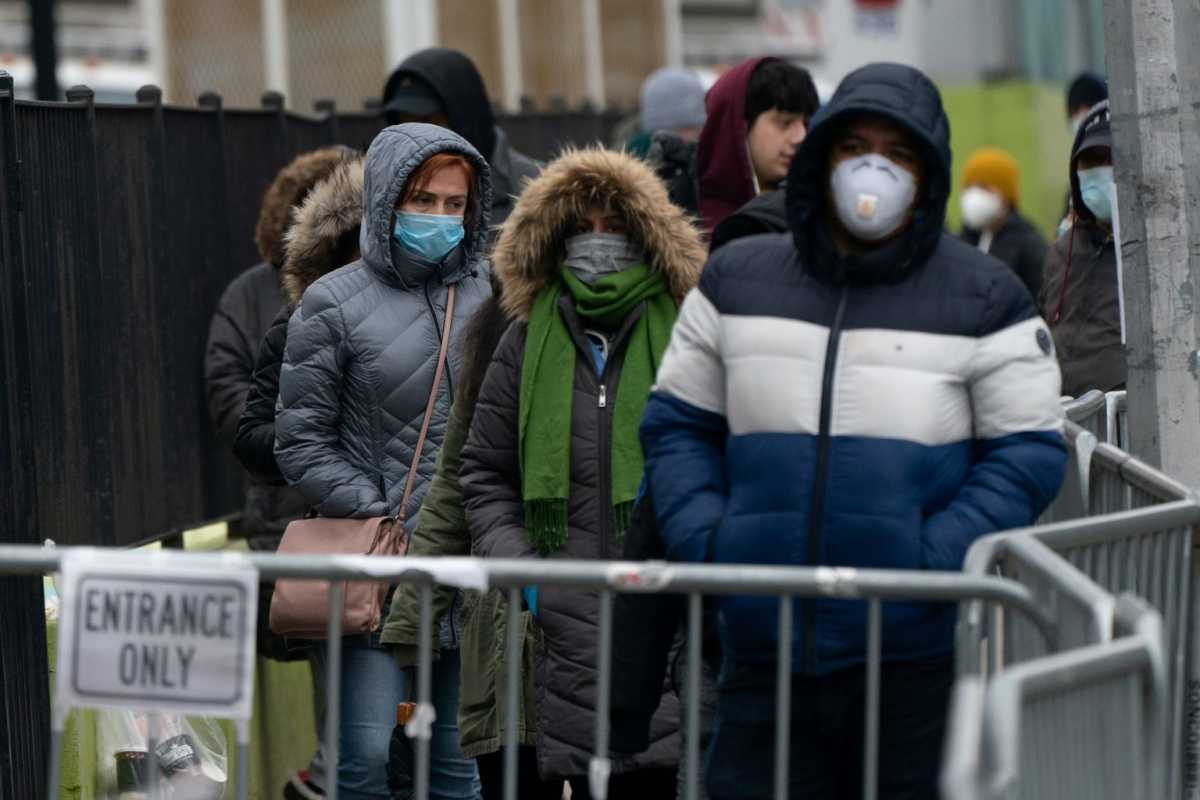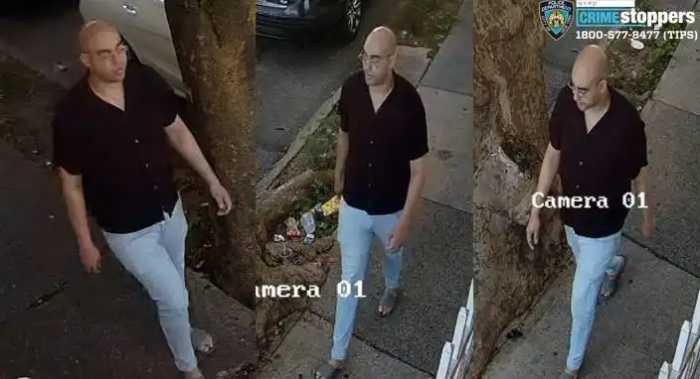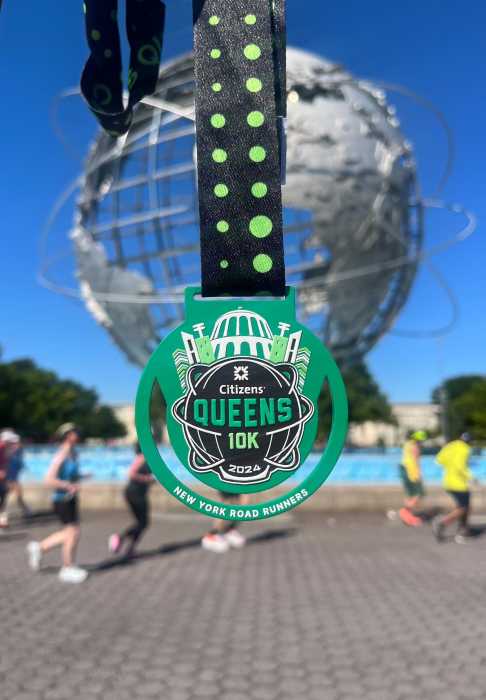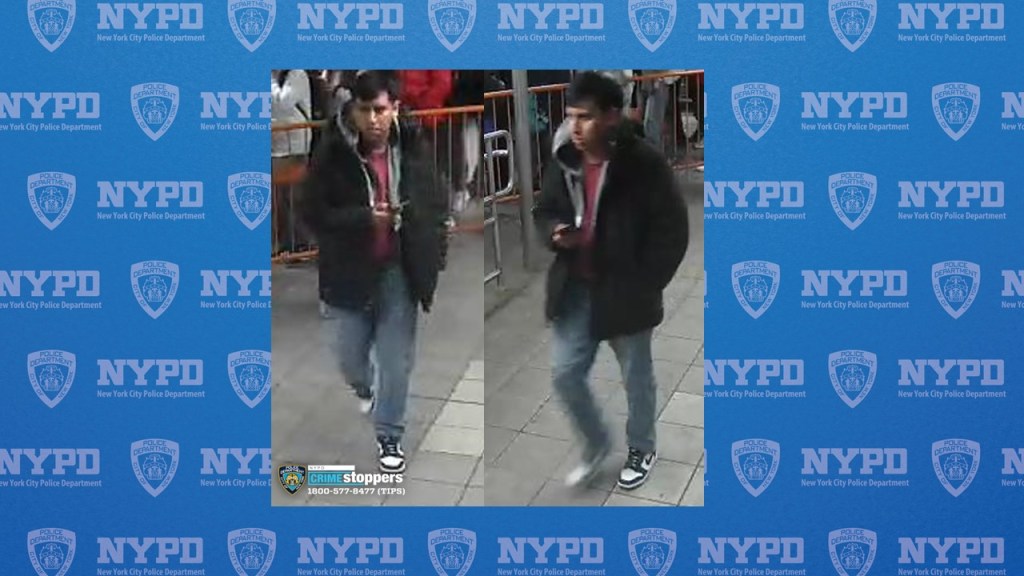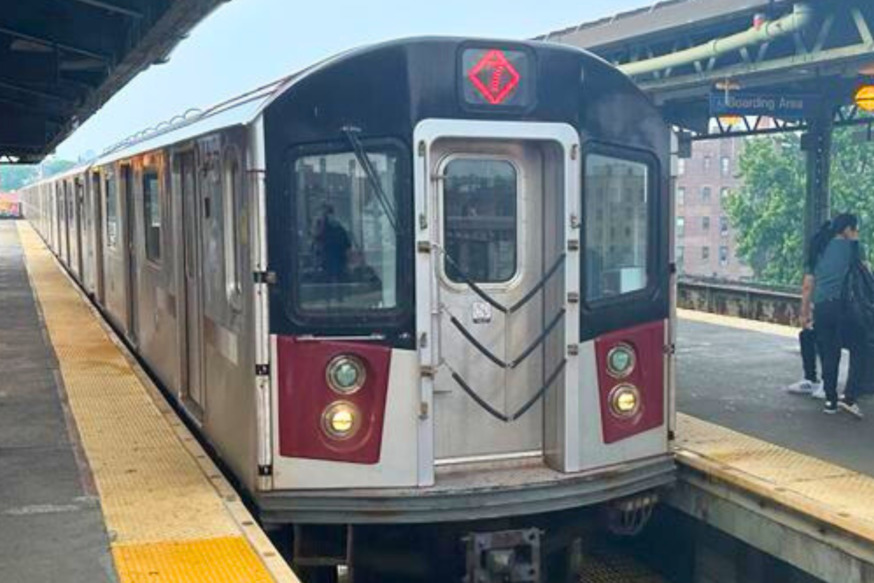New data supports the growing understanding that the COVID-19 crisis has hit already vulnerable low-income people of color, in places like Corona, Elmhurst and Jackson Heights, harder than other groups.
In recent months, the health disparities between low-income New Yorkers of color and other groups have become increasingly more apparent, but a new survey from Public Health Solutions reveals the stark financial future low-income people of color face.
The health nonprofit’s survey found that 82 percent of black low-income New Yorkers, 92 percent of Hispanic New Yorkers and 95 percent of Asian New Yorkers fear they’ll run out of money in the next month as a result of the coronavirus crisis. Overall, 67 percent of Queens residents worry they’ll run out of money in a month, according to the survey.
“Health disparities among low-income New Yorkers and communities of color are a chief concern under normal circumstances, and now, COVID-19 is making the sick sicker and the poor poorer,” said Lisa David, the president and CEO of Public Health Solutions. “We knew that coronavirus was disproportionately infecting low-income communities and people of color, but what we’re seeing here is that these New Yorkers are facing the twin threats of serious illness and increased financial hardship. Limited resources for food, housing, and other social determinants will result in poor health. It’s more important than ever that resources to help keep vulnerable individuals and families afloat are available.”
The health and financial disparities among New Yorkers have made their way to the mayor. On Tuesday, Mayor Bill de Blasio announced that Grace Bonilla, a former administrator at the New York City Human Resources Administration, will join the Equity and Racial Inclusion Task Force as its executive director.
It can’t be said enough: COVID-19 has forced us to confront some deadly disparities and we must address them ALL.
— Mayor Bill de Blasio (@NYCMayor) May 12, 2020
The financial concerns among low-income black, Hispanic and Asian New Yorkers include food, housing and health insurance, according to the survey.
Public Health Solutions found that 25 percent of black survey respondents believe they’ll need assistance getting enough food within a month if they lost their job today or were recently laid off. Fourteen percent of white respondents said the same.
The same was true about respondents’ outlook on income. The survey found that 46 percent of black respondents anticipate their annual household income in 2020 will be less than $25,000 as a result of the coronavirus crisis. Twenty percent of white respondents said the same.
According to Public Health solutions, the disparities in concerns about health insurance were a little less stark. Eleven percent of Hispanic respondents, 7 percent of black respondents and 6 percent of white respondents have lost their health insurance since the pandemic came to New York City.
The survey, which included responses from 1,000 New York City adults from varying income levels in mid- to late April, also found that, when compared to black respondents, nearly three times as many white respondents “felt that the federal stimulus check is nice to have but that they are financially secure enough that they don’t need the check.”
To read Public Health Solution’s full report, click here.

